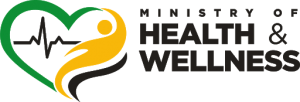




Everyone should ‘be in the know’ about their body and health status, and the factors that may put them at greater risk of getting a non-communicable disease (NCD). The more you know about your body and health status:
- the more control you have over your health and wellbeing.
- the more opportunities you have to control and even reverse changeable risk factors, to help prevent the development of NCDs.
- the earlier health problems can be detected and treated.
Living Well
Wellness is also a key part in living a wholesome life. Screening for non-communicable diseases is a great way to increase our wellness.
Beat NCDs by following these basic steps
Regular Checks
Get Vaccinated

Always Wear A Seat belt

Always Wear A Helmet (Cycling, Bike Riding)
Non-communicable Diseases
Diabetes ("Sugar")
Diabetes Mellitus (Diabetes) is a chronic condition in which the body fails to make insulin or to properly use the insulin it makes. This results in high levels of glucose (sugar) in the blood. Approximately 12% of Jamaicans 15 years and older are living with Diabetes.
Asthma
Asthma is a disease that affects the lungs after the airways have been inflamed. In Jamaica, among those aged 15-74 years, 7% of this population reported having Asthma. As a result of the inflammation, persons usually have a challenge breathing properly and this can lead to wheezing when triggered.
Sickle Cell Disease
Sickle Cell Disease is another common NCD that can affect a person from their infant to adult years. In Jamaica newborns are screened as a means of enabling early diagnosis so treatment can be optimized. The term “sickle” is representative of the shape the cells take when they are affected. As a result of this the symptoms identified in this disease are experienced by affected persons. SCD is also a hereditary disease (passed on through genetics).
Cancer
Cancer occurs when cells in an organ divide uncontrollably and begin to spread to surrounding tissue. In Jamaica, the Ministry of Health and Wellness has primary focus on four (4) priority cancers: Breast Cancer, Prostate Cancer, Colorectal Cancer and Cervical Cancer.
Hypertension and Cardiovascular Disease
Hypertension (High Blood Pressure), traditionally called “Pressure”, is the most common chronic condition that is managed by primary care physicians and other health practitioners in Jamaica. Data from the Jamaica Health and Lifestyle Survey 2016-2017 found that approximately 34% of Jamaicans 15 years and older years are affected and 40% of these persons are unaware of their condition.
Hypertension and its complications known as Cardiovascular Disease (such as stroke, heart attack and heart failure) are leading causes of death in Jamaica, with 33.7% of all deaths being caused by Cardiovascular Disease.
Depression
Depression is one of the common mental health diseases that affects our population. The prevalence of depression in Jamaica in 2016 was 14.3% or 1 in every 7 persons.
Data from the 2008 Jamaica Health and Lifestyle survey shows that the rate of depression in persons with chronic illnesses, such as other non-communicable diseases, was between 20-30%. Among these persons with chronic illnesses, the rate was the same for persons with a history of diabetes, hypertension, cancers, asthma and high cholesterol (25%), lower among persons with obesity (20%) and higher in persons with a history of heart attack and stroke (30%).
Injury Prevention
Did you know that injuries can lead to NCDs??? Click here to find out more.
Injuries can be intentional or unintentional. In 2020, the Jamaica Injury Surveillance System showed that a total of 26,599 individuals reported to 9 hospitals which this system surveys. Of this total 11,678 were unintentional injuries and 7132 were violence related. Click here to learn more about the burdens of injury on the health care system.




